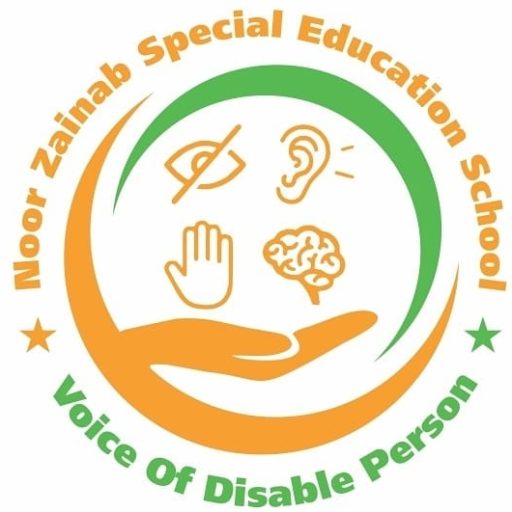Nourishing Young Minds: The Critical Role of Nutrients in Speech and Language Development
An intricate and vital part of a child’s early years is speech and language development. Academic, social, and emotional difficulties can arise for kids who have speech and language disabilities. The importance of nutrition in brain development cannot be understated, even if a number of variables contribute to these delays. This blog post will discuss the role that nutrients play in helping kids develop their speech and language abilities.
The Brain-Nutrient Connection:
Early childhood is a time of fast development for the amazing organ that is the brain. The growth and connection of neurons are influenced by nutrients, which are essential to this process. The development and upkeep of the brain pathways involved in speech and language skills are facilitated by essential nutrients like omega-3 fatty acids, vitamins, minerals, and antioxidants.
Omega-3 Fatty Acids:
The development of the brain depends on omega-3 fatty acids, especially docosahexaenoic acid (DHA). Walnuts, flaxseeds, and fatty fish all contain large amounts of these lipids. Studies indicate that children’s delayed speech and language development may be related to an omega-3 fatty acid deficit. A child’s ability to communicate can be improved by include these foods in their diet since they support healthy brain development.
Vitamins and Minerals:
The development of cognition is significantly influenced by vitamins and minerals, including iron, zinc, vitamin B, and vitamin D. Neurotransmitters, which are necessary for brain cell communication, are produced in part by vitamin B. While iron and zinc are essential for cognitive function, vitamin D supports the health of the brain overall. A child’s capacity to learn and utilise language successfully may be impacted by a nutritional deficit.
Antioxidants:
Antioxidants, which are present in fruits and vegetables, shield the brain from inflammation and oxidative stress. Oxidative stress can harm developing brains, perhaps hindering the development of speech and language. An adequate intake of antioxidants is ensured when a child’s diet includes a variety of colourful fruits and vegetables, promoting good brain function
Protein:
Protein is necessary for all tissue growth and repair, including brain tissue. The synthesis of neurotransmitters, which let neurons communicate with one another, depends on consuming enough protein. A child’s diet should include foods high in protein, such as lean meats, eggs, dairy, and legumes, as these provide the building blocks needed for language development and healthy brain function.
The Gut-Brain Axis:
The gut-brain axis has been shown to have a significant impact on speech and language, among other cognitive functions. Better neuronal connectivity and neurotransmitter synthesis are associated with a healthy gut microbiome. Probiotics can improve speech and language development by supporting a balanced gut flora. Probiotics are present in fermented foods like yoghurt and kefir.
Practical Tips for Nutrient-Rich Diets:
Include a Variety of Foods:
Encourage a diverse and balanced diet that includes fruits, vegetables, whole grains, lean proteins, and healthy fats to ensure a broad spectrum of essential nutrients.
Omega-3 Rich Foods:
Incorporate fatty fish (e.g., salmon, mackerel), flaxseeds, chia seeds, and walnuts into meals to provide a good source of omega-3 fatty acids.
Colourful Fruits and Vegetables:
Aim for a rainbow of colours on the plate, as different colours indicate a variety of antioxidants. Berries, spinach, carrots, and bell peppers are excellent choices.
Lean Proteins:
Include lean proteins such as poultry, fish, eggs, beans, and lentils to support the growth and maintenance of brain tissues.
Probiotic Foods:
Introduce probiotic-rich foods like yoghurt, kefir, and fermented vegetables to promote a healthy gut microbiome.
Conclusion:
The course of a child’s speech and language development is significantly influenced by their nutrition. Parents and other caregivers can promote their child’s cognitive development by making educated decisions by knowing the relationship between nutrition and brain function. Healthy brain development is the result of eating a diet rich in nutrients and well-balanced foods, which prepares the brain for optimal language and communication development in early childhood and beyond.

